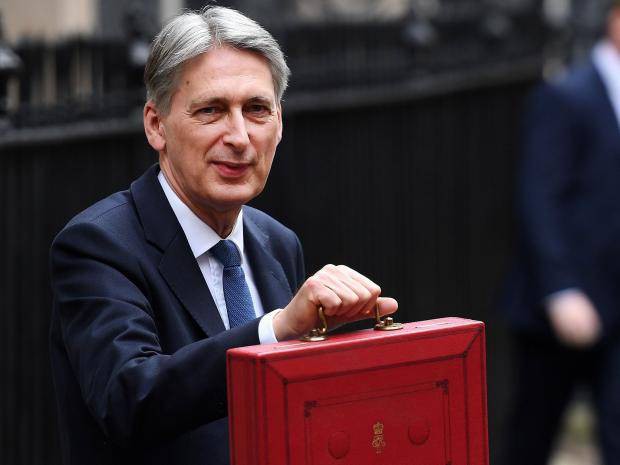
Industry calls on Chancellor for duty help
Trade associations have called on Chancellor Philip Hammond not to increase duty rates for the second time in a year.
In March, the Chancellor increased duty by inflation at 3.9%, which added 30p to an average priced bottle of spirits, 8p to a bottle of still wine and 10p to sparkling wine.
There are fears that Hammond will increase duty by the projected inflationary rise in the Budget on Wednesday, 22 November.
The Wine and Spirit Trade Association (WSTA) and the Association of Licensed Multiple Retailers (ALMR) have teamed up to warn that more British pubs will be under threat of closure if the chancellor fails to scrap his five-year plan to raise alcohol duty.
They said that wine and spirit sales in UK pubs account for 36% of alcohol sold across the bar, worth almost £6 billion to pubs in the 12 months to September. Landlords are paying a duty bill on this of £843m, which is the equivalent of almost £17,000 per pub.
WSTA and ALMR have accused the Government of “sneaky inflationary increases” which are set to rake in an extra £280m from British pubs over the next four years and £2.4bn per year by 2022.
“The Chancellor is in danger of missing a huge trick. Not only could he support British pubs by scrapping his plans to raise already punitive duty rates for a second time this year, but he could also show his support for the wider UK hospitality sector,” said Miles Beale, chief executive of WSTA.
“We know that previous decisions to freeze alcohol duty have brought in more revenue for the Treasury coffers, not less. So a duty freeze makes sense for everyone.”
Kate Nicholls, chief executive of the ALMR, called for the Government to act “decisively” to avoid further cost increases and support pubs by freezing alcohol duty.
“If the Government fails to take this chance, then, ultimately, pubs in towns and cities across the UK will be at risk," she said.
Meanwhile, the Scotch Whisky Association (SWA) has urged the Government to consider dropping duty claiming it would boost Treasury coffers by £200m over the next five years.
Its own research calculated by leading economic consultants showed that a 3.9% cut would generate an extra £42m in tax revenues next year alone – rising to a total of £197m by the end of the Parliament in 2022-23.
In contrast, the analysis showed that sticking with inflation-linked duty increases every year would see revenues fall by £290m by 2022-23.
SWA claimed that the findings mirrored the experience of the duty cut in 2015, which gave a £124m boost to the Treasury.
Karen Betts, chief executive of the SWA, said: “These figures show that cutting spirits duty in the Budget will be good for the Treasury, good for the UK economy and good for our world-famous Scotch Whisky industry.
“The chancellor has the chance both to back a leading UK manufacturing industry which supports 40,000 jobs and to generate more money for public services.”




